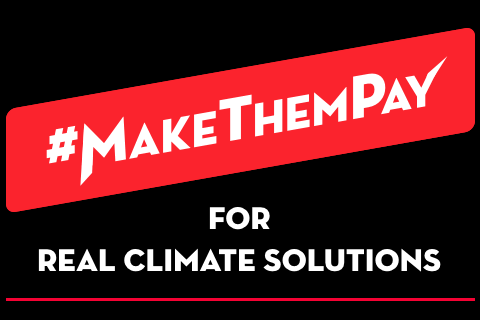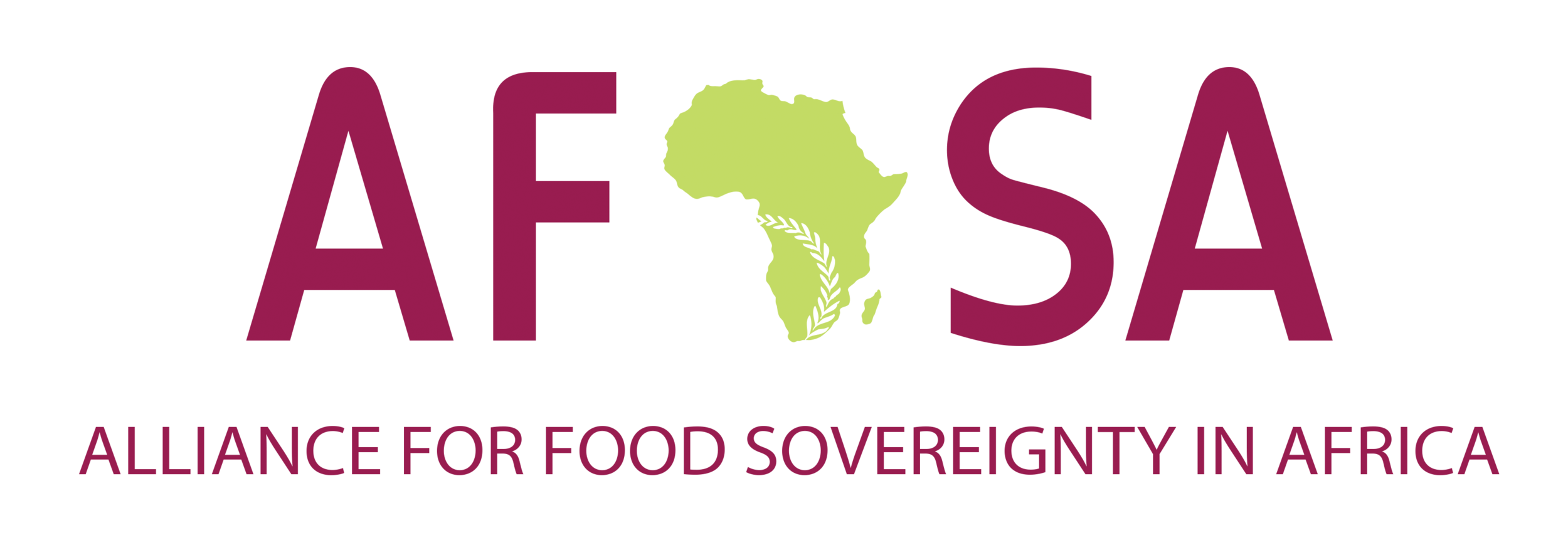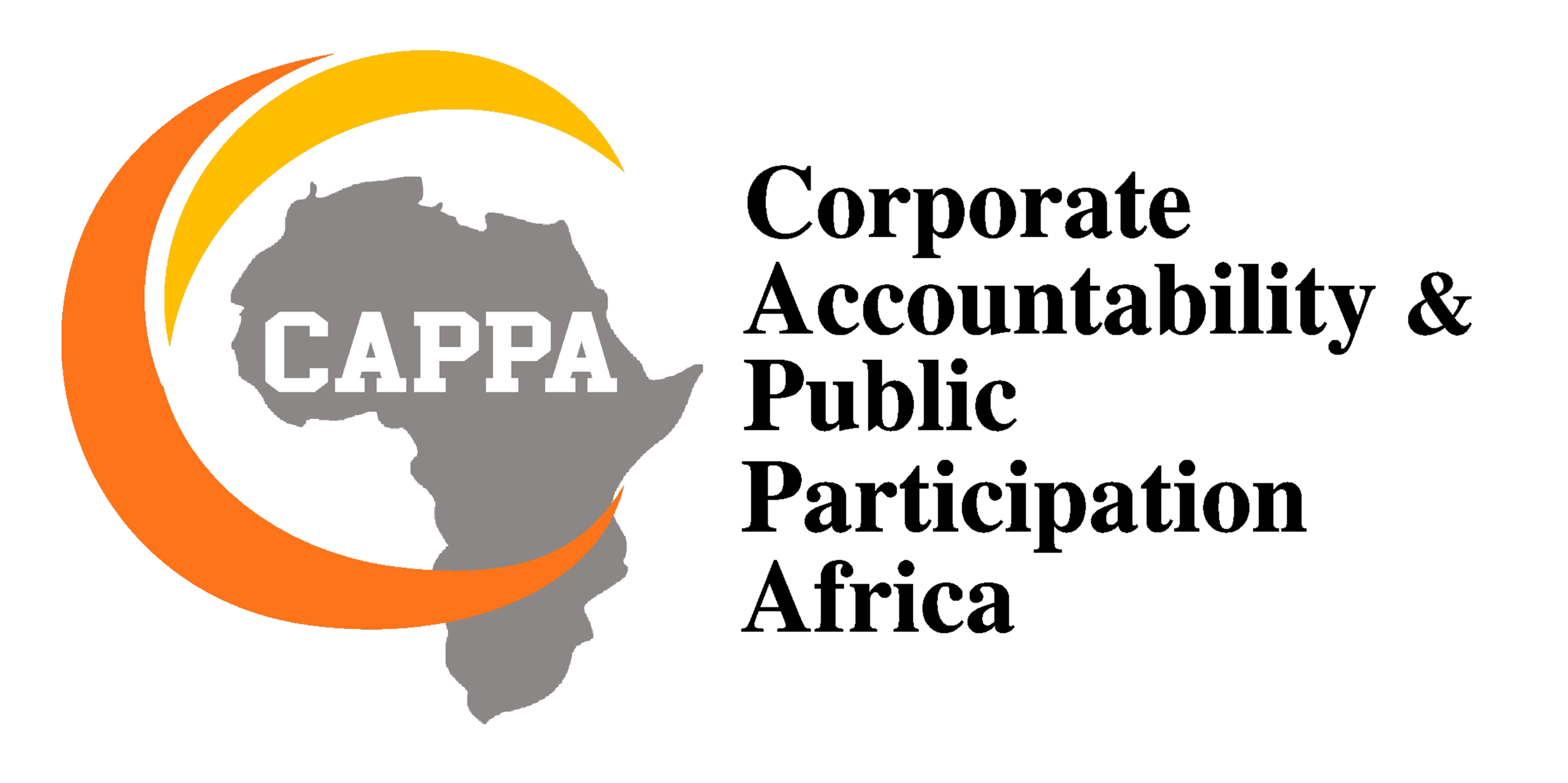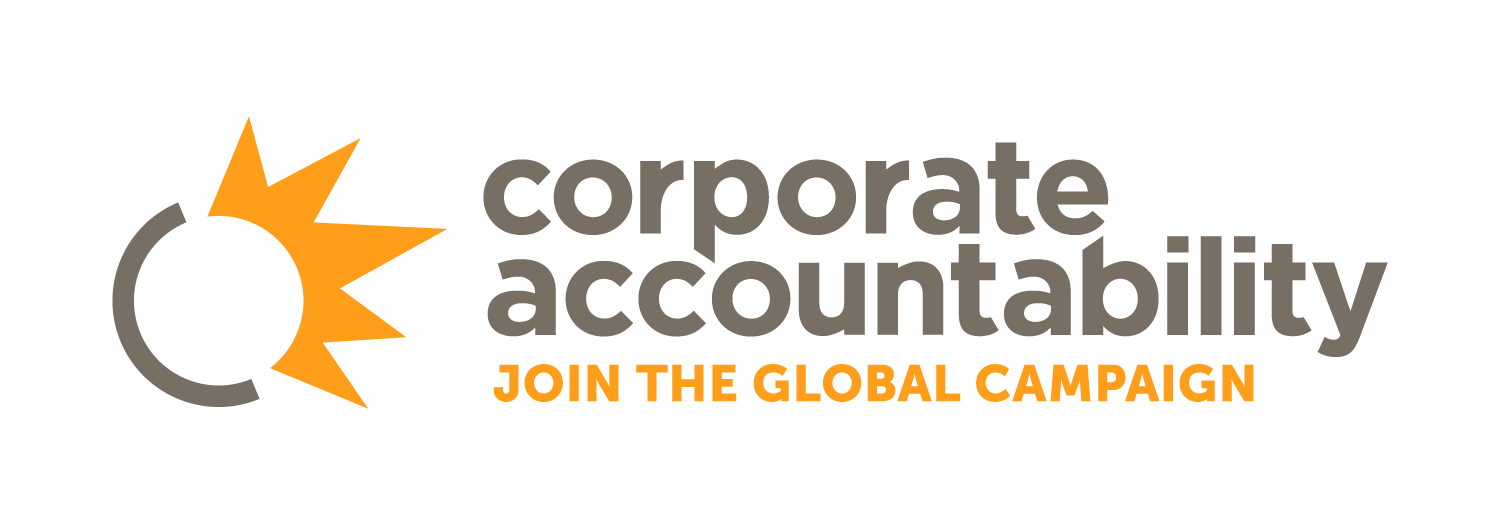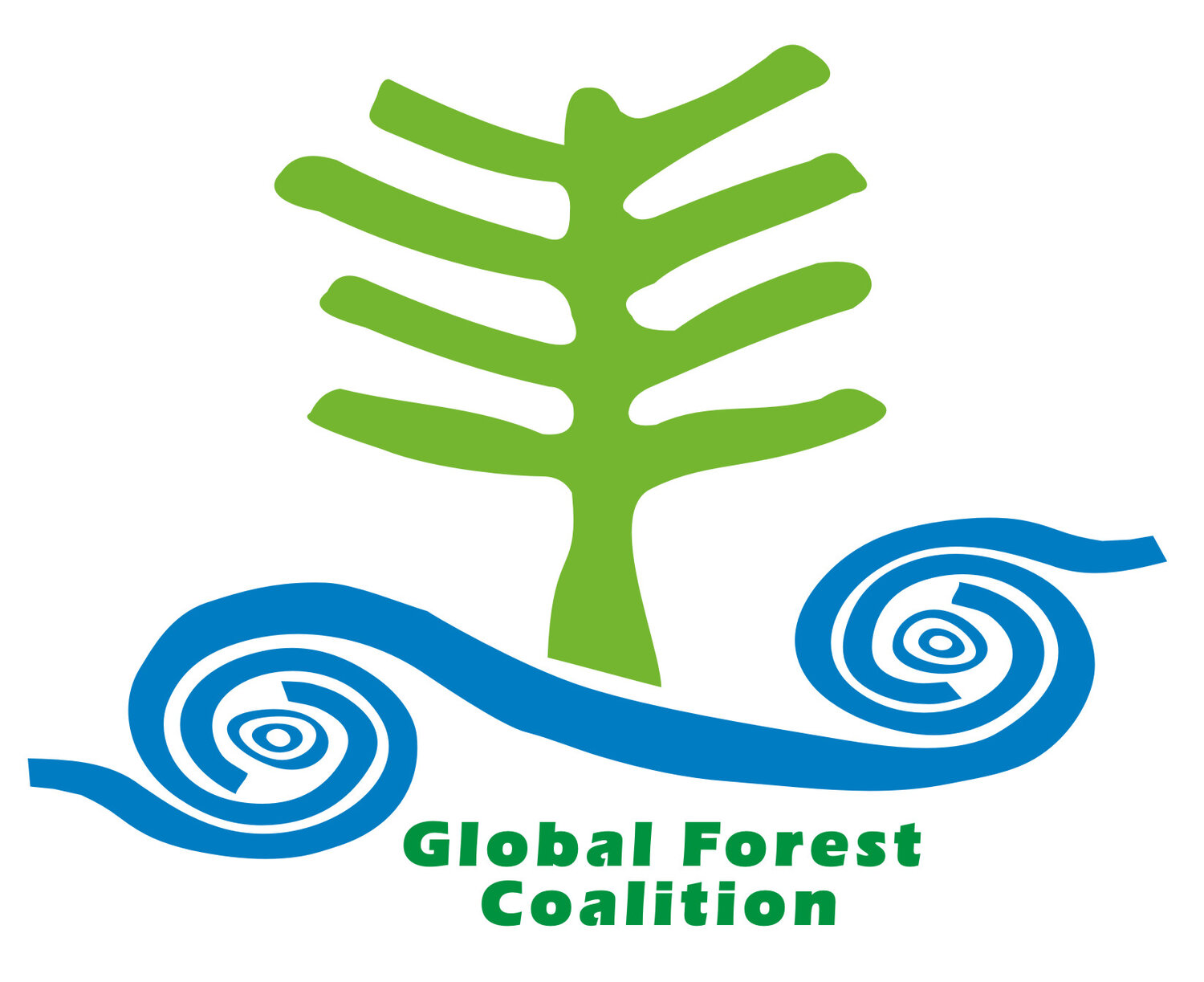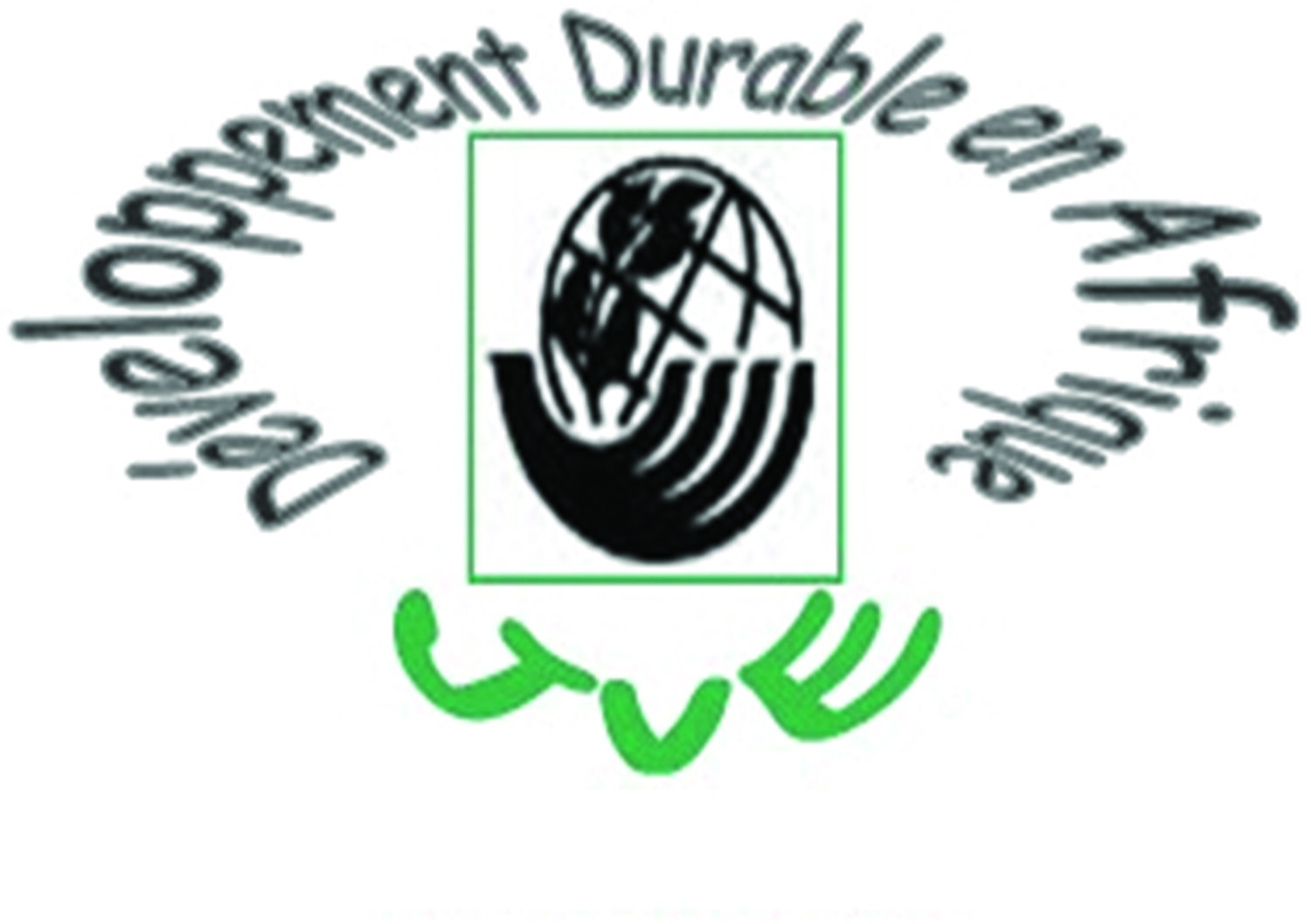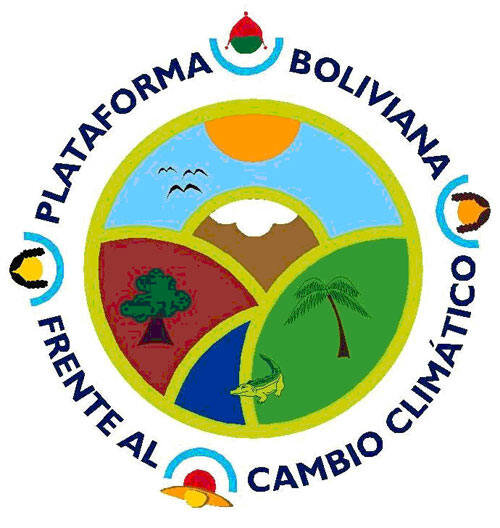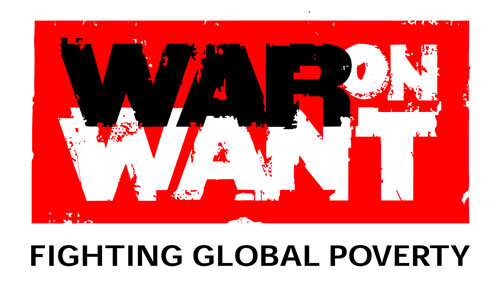TO GOVERNMENT OFFICIALS AROUND THE GLOBE:
We urge you to act to hold the industries and corporations that have fueled and continue to worsen the climate crisis liable, as well as the executives behind them, so that we may advance climate justice globally.
For decades, Big Polluters like Exxon, Shell, and others have spent billions of dollars simultaneously fueling and denying the climate crisis, delaying action, and pushing false “solutions” at every level—all while raking in billions in profits each year. And despite what their greenwashing advertising says, they’re still doing it, as are other major polluting industries like agribusiness.
People around the globe are fighting to protect their homelands from the rising seas, their loved ones from extreme weather events, and their lives and livelihoods from floods, droughts, pipelines, brutal fossil fuel extraction, deforestation, destruction of natural ecosystems, land grabs, and other violations of their rights. Communities in the Global South, women, youth, indigenous peoples, and other communities on the front lines of the climate crisis urgently need funding to implement a just and equitable transition away from fossil fuels and false “solutions” like carbon markets and offsets, bioenergy, and geo-engineering—and toward the community-centered solutions that must power our future: solutions like leaving fossil fuels in the ground, practicing agroecology, protecting vital ecosystems like the Amazon rainforest, and other solutions enshrined in the People’s Demands for Climate Justice.
These real, just solutions to address climate change are within reach, and have been led and practiced by communities on the front lines of the climate crisis for decades. Implementing these solutions requires economic resources. This is a debt that is already owed by corporations—and the executives behind them—to these communities, and its distribution must be accountable to them as they seek to restore balance with nature.
The industries that have fueled the climate crisis, funded climate denial, and blocked just climate progress for decades must pay for the damage they have caused. Holding them liable means ensuring that they are held criminally and financially responsible, and that they are made to end the practices that have driven this crisis in the first place.
That’s why communities around the globe are taking action toward holding polluting industries liable for the damage they have caused. We urge you to join them in doing so.
We are already experiencing the tipping points that indicate we are dangerously close to planetary collapse. It’s time for courage and justice in addressing the climate crisis. It’s time to listen to the Global South, frontline, youth, and indigenous peoples and communities leading the way. It’s time to stop Big Polluters and corporate climate lobbyists from writing the rules. It’s time to hold them liable—for the loss and for the damage they have caused, and for a just transition to sustainable life models for impacted communities and territories, most especially in the Global South. It’s time to make them pay.
Make Big Polluters pay so we can advance climate justice!
ADD YOUR NAME
We will never sell or swap your personal information with anyone else. We will only share your contact info with the organizations of your choosing if you give us permission to do so. Read more about how we use your information at makebigpolluterspay.org/privacy-policy
